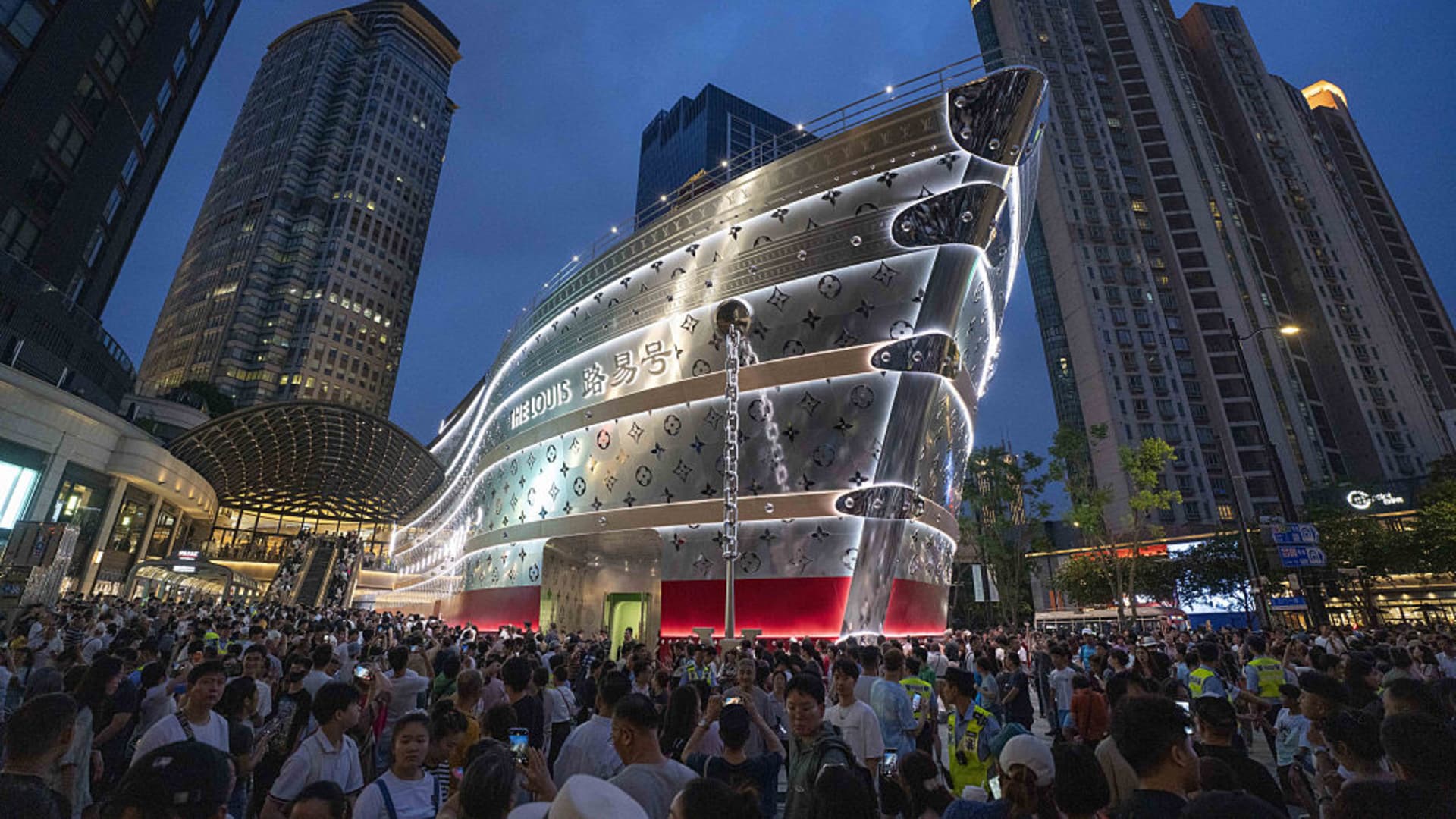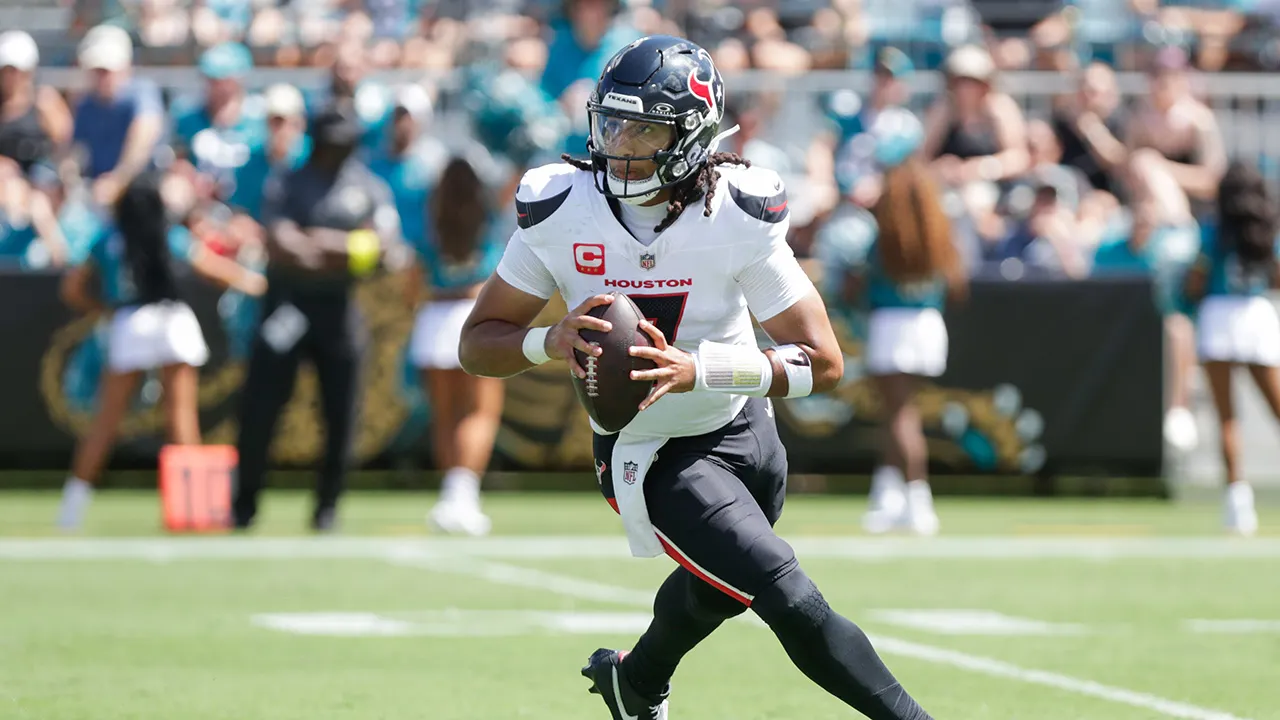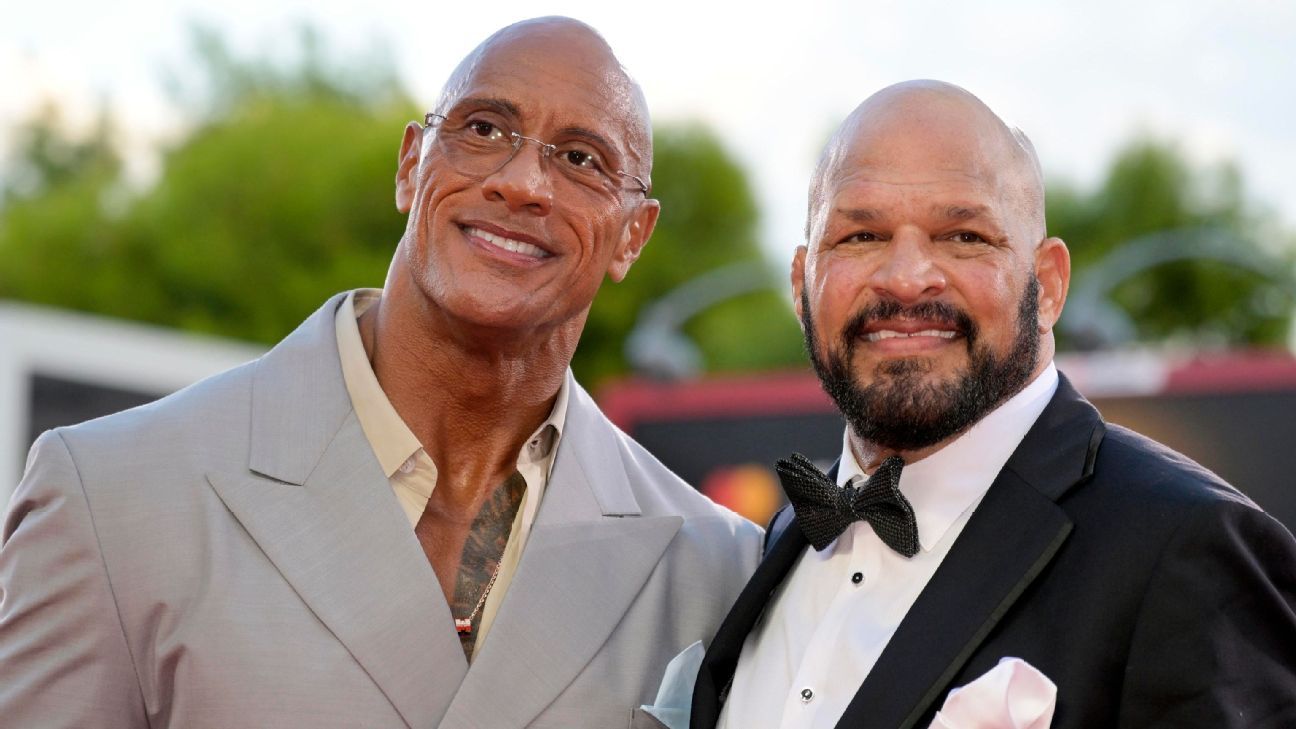Inside New York City’s most exclusive preschools — where college prep begins at age 3
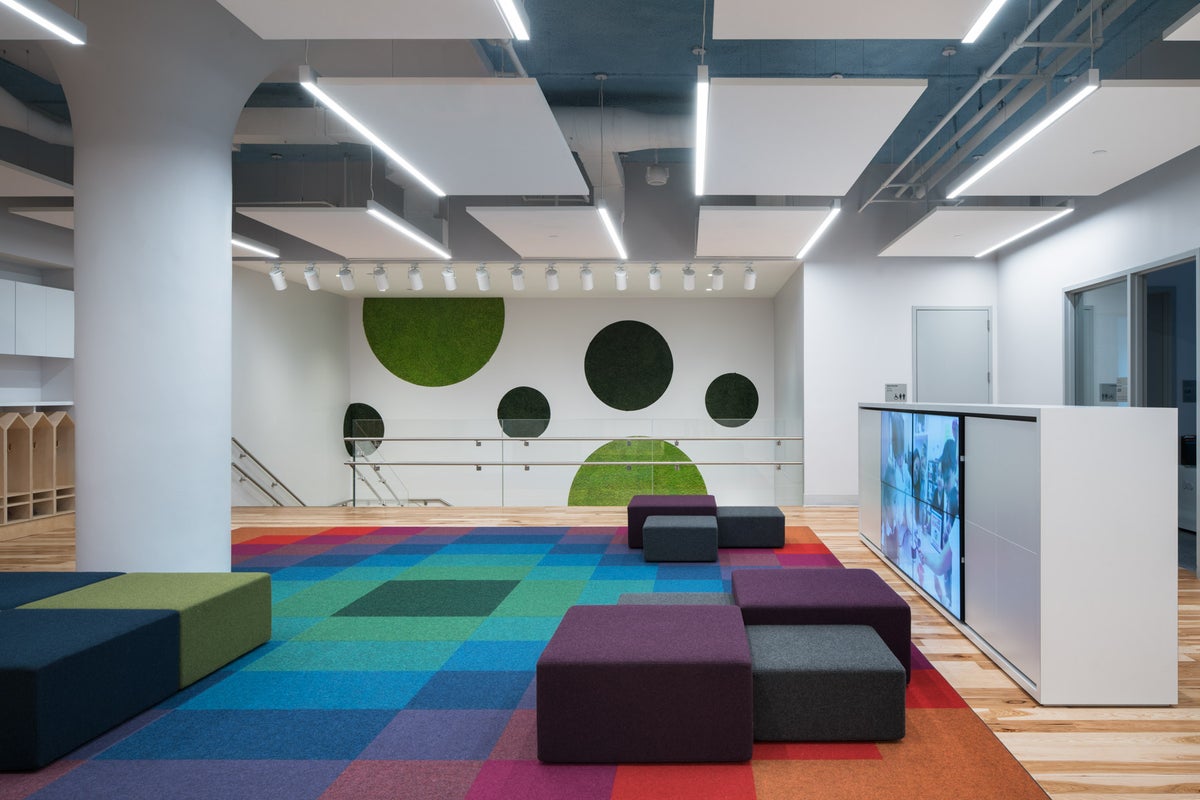
In the summer of 2020, I was at a backyard barbecue chatting with a friendly guy who told me he used to be a homicide detective with the NYPD. It was still the time during the pandemic when people wore face-masks, even at outdoor gatherings, but my surprise must have still registered over my N95. Ex-cops were not usually found at mixers in my Brooklyn neighborhood, especially friendly ones.
Then he mentioned that he now worked at a preschool.
“A preschool?” I said, blinking in confusion.
“Oh, yeah,” he replied casually. “One of the big ones in the city. They all hire specialist teams taken from the police department — preferably from the most high-pressured teams.”
It was a couple of years before I’d even have a child, but I was fascinated. The idea that you’d need a former homicide detective to staff a toddler classroom sounded, frankly, unhinged. And then, like thousands of parents in New York City, I entered the early education vortex myself.
In a city where everything is extreme — from rents and ambition to seasonal weather — the preschool experience is no exception. Forget finger-painting and story time in a circle: at some of NYC’s most elite early childhood institutions, toddlers are being immersed in Mandarin, introduced to wellness through movement-based science, and taught emotional regulation techniques that wouldn’t be out of place in a corporate mindfulness seminar.
Tuition can easily top $70,000 per year, and that’s before kindergarten. Admissions cycles start while babies are just starting to say their first words. And yes, security is run by ex-cops.
Ever the professional, the preschool security officer I met at that Brooklyn barbecue never revealed where he actually worked. But as I began to research these institutions for myself, I soon came to realize that his job wasn’t quite as ridiculous as it sounded.
Amid the jaw-dropping price tags and eyebrow-raising perks of these schools for the mega-rich is something softer: a deep, research-driven belief that the first years of life are the most important — and that education should reflect that.
Language immersion, resilience-building and invite-only applications
Walk into the early childhood center at Avenues: The World School (famously where Suri Cruise, daughter of Tom Cruise and Katie Holmes, went to school, and once subject to a profile in Vanity Fair) and you’ll find yourself in a serene, light-filled building where the youngest children — some just one year old — are learning in full language immersion. Parents choose between Mandarin and Spanish, and from the moment kids walk in the door, that’s the language they’ll hear throughout their day.
It’s not about drilling toddlers, explains Melody Meade, head of early learning at Avenues. It’s immersion in a “language-rich environment”. Games, stories, music — everything is designed so the children absorb language the way they did their first: naturally.
That immersion continues for years. Students who start at Avenues as toddlers often stay until they graduate high school at 18. By middle school, the teachers can rarely even tell which children had Mandarin or Spanish at home and which didn’t.
“We have older children saying, ‘I don’t even know when I learned Chinese in Spanish. It just happened,’” Meade says. While everything behind the scenes is intentionally designed to nudge the kids toward fluency, it’s also designed so that they don’t realize it’s work at all.
Across the water in Brooklyn, The Packer Collegiate Institute takes a different but equally detailed approach. At Packer, play-based education is an art form: children’s interests shape the curriculum. One class became obsessed with acorns. A full unit followed, involving art, science, and storytelling. “The acorn study,” says Zoë Hillman, Packer’s Head of Lower School, “is the perfect example of how we follow a child’s curiosity as a springboard for deeper learning.”
Specialist classes — from atelier-style art sessions to rooftop homeroom sessions — are seamlessly woven into the day. Toddlers aren’t shipped from room to room all day, but are instead offered a fluid and responsive set of opportunities: an art teacher might come in and work one-on-one, or take a small group upstairs, for example.
There’s an elite school for pretty much everything in New York City: Saint Ann’s School in Brooklyn Heights (starting at $55,300 for preschool, which ends at 2 p.m., necessitating either a parent or a nanny to be on hand for pick-up every day, and rising to $61,400 by the fourth grade, before climbing higher) doesn’t do grades or traditional discipline.
“A deliberate rejection of formal letter or number grades is a core aspect of our educational philosophy. We don’t grade, rank, or compare students to one another at any time in any classroom or division of the school,” explains the school’s website. Starting in kindergarten, parents will be offered a “narrative report” about their child’s individual progress instead. Teachers go by their first names, and there is no dress code. “Formal ‘rules’ and punitive measures for their own sake are rare,” the website adds.
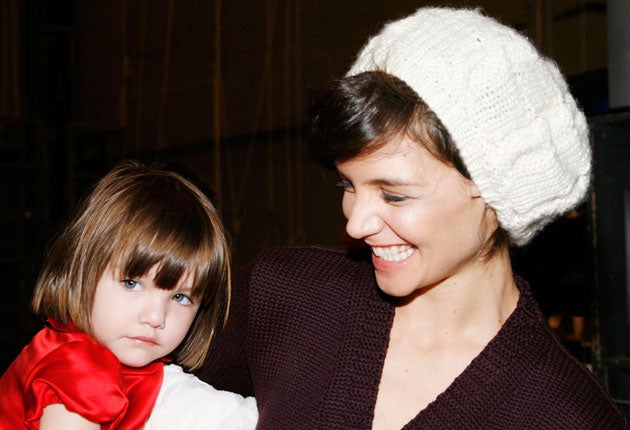
That approach isn’t for everyone. A couple of miles away, on the Upper East Side in Manhattan, uniforms are worn and three-year-olds start a “college-preparatory curriculum” from day one at The Chapin School, aiming for fluency in one of three languages (Spanish, Mandarin Chinese or French) by high school graduation.
Applying for kindergarten (just under $70,000 for the year, plus incidentals including Parents’ Association duties and a $2,000 “laptop fee”) necessitates a written application with personal essay, an extensive parental interview, and the four-year-old student attending a “playgroup” session where their skills and merits are judged by onlooking lower school educators. Almost 100% of the students at this all-girls’ school go on to an elite college.
This is the school for parents who want their kids to be well-behaved, well turned-out and well-prepared for a challenging career in the future. Like a number of notorious characters with long legacies, Chapin was even once namedropped in the original Sex and the City during a conversation about the upper echelons of New York society.
Chapin’s admissions process may sound intimidating, but it’s standard at pretty much every private school across the city, even the ones with a more laidback ethos. Many will also ask for an extensive reference from a daycare teacher if the child attended nursery during their first two or three years of life.
Then there’s The 92nd Street Y, the seemingly humble, YMCA-based preschool with a cutthroat admissions process. Starting at age two and ending at age five, this massively oversubscribed institution focuses on creativity and the arts, with weekly music and dance classes, art projects and “sensory play”.
To access these opportunities, you’ll pay a high price in both finances and time. Parents hoping that their two-year-olds will be able to join the school (just under $45,000 a year for the longest hours — 9am to 2pm, not including summer) are invited to a 75-minute guided tour with their infants (this season’s tours are already full.) If the family is judged as a good fit during the tour, applications are sent out by invitation only.
Elite security and college conversations from infancy
Both Avenues and Packer offer programs that go far beyond what most parents think of when they hear the word “preschool.”
Take WAM — short for Wellness and Movement — the PE program at Avenues, where children learn about the circulatory system by pretending to be red blood cells navigating obstacle courses. The program goes far beyond team sports (although there are plenty): there’s yoga, breathwork and integrated learning from an early age.
Packer’s health and wellness curriculum spans everything from identity formation to conflict resolution. “We want kids to know what to do when they feel big emotions,” says Hillman. That doesn’t mean “gentle parenting” or “lying down in the dark” when they feel overwhelmed, she clarifies. Instead, it’s about developing a “growth mindset,” taking a breath, getting a glass of water, and then re-entering the classroom with “resilience”.
And yes, there’s security. At Avenues, the team is composed of former NYPD detectives. But rather than looming in the background, they’re part of the community. One of the ex-cops recently joked to Melody Meade: “I used to be in homicide, and now I’m helping somebody reach for a snowflake to put it up on a bulletin board,” she says with a laugh. The team is “not scary, they’re efficient, they’re smart, they’re highly trained,” she explains. “They match the culture of the school, which is a culture of care.”
At Packer, a credentialed gate system and visitor lanyards keep track of everyone on campus, but traditions like “Fri-yay” breakfasts — where families gather in the cafeteria on Friday mornings for a well-stocked morning meal and conversation — maintain a sense of openness. “We work hard to be both secure and welcoming,” Hillman says. “It’s not easy in this city, but we do it.”
Of course, this level of care and instruction comes at a price. Tuition at schools like Avenues and Packer is comparable to college. Indeed, the most recent annual tuition costs at Harvard University (at just under $60,000) are less than the tuition costs at Avenues and Packer’s kindergartens. And at the youngest end of the spectrum, classrooms are extremely small, even though demand is high.
Little wonder that families start applying when their children are as young as 18 months. “Some of the kids who visit [for application purposes] are still babies, really,” says Hillman. Both she and Meade say that it’s fairly common for visiting families with children that young to initiate conversations about college. To Meade, that seems natural. When you’re signing up to a school for the long-term, it’s understandable that you’d have a plan.
Although Packer appreciates that parents who are investing that amount in their children’s education will have an eye on success in the future, Hillman says she tries to steer the conversation back to what’s happening right now, and what’s best for the young child. So long as a good foundation is built at preschool and kindergarten age, the success in teenagehood should follow naturally.
What about the kids who get priced out of an elite education? Common among New York City private schools, both Avenues and Packer offer financial aid. Parents can apply through an online application system that takes their income and all of their assets into account, and assesses what’s needed on a sliding scale.
At Packer, financial aid is “one of the most robust in the city,” Hillman says. Avenues has a significant aid program as well, but the youngest grades tend to skew wealthier. It’s rare for financial aid to kick in before the age of five at any private school, meaning that the children who start at the very beginning of the lower school have parents who can easily afford the tuition, plus the truncated hours.
And yes, this means that there’s a group of kids on financial aid who are rubbing shoulders with peers from families much, much wealthier than theirs, by orders of magnitude. At Avenues, some kids do come back from spring break having been on safari in Tanzania, says Meade, “but others have stayed in their apartment, and that’s just as valid.”
Teachers are trained not to ask, “Where did you go?” but instead, “Did you see a special person? Did you eat something new?” — prompts that allow every child to share something meaningful, and to turn the focus away from any financial inequities.
Networking and the ‘professional parent’
For the uninitiated, it can sound absurd. Mandarin immersion at two? Executive functioning? Health and wellness seminars focused on a growth mindset and resilience-building? Isn’t this all just a bit much? Educators push back hard on that idea.
Meade says it’s nice to work with “professionals who take their profession seriously,” even in the very youngest grades. After all, she says, the first few years are the most neurologically important of a person’s life: Parents applying to Avenues are “really looking at the first six years, but also even just the first three years and how critical that is, and that the children are developing at a faster rate than any other time of their life, and they want to get it right.”
Hillman agrees. Packer’s earliest programs aim to “lay the foundations for transformative learning opportunities,” she says. “Children need to feel safe and listened to and connected to the adults in their lives as much as the other students in their class in order for them to then take risks in their learning.” Building confidence at age three means making sure toddlers “see themselves as empowered learners and really capable learners as well.”
Parents can be skeptical about that work at first. But those who stay through the full arc — from toddler room to teen — often come back with wide eyes. Hillman says that it’s common for the middle school parents at Packer to come back and say: “Now I get it. Now I see what all that foundational work was about.”
And then there’s the other big advantage for the parents: the networking opportunities. At Avenues, they’re intentional about connecting parents with each other. “As children get older, it’s very important to know the other parents in the class because children’s needs and challenges change,” says Meade.
“So when you start having children move into the upper grades, it’s great to… have that built-in, trusted network of people that are all supporting the children, starting from the very little ones. As they progress up through the years, that’s priceless.”
The same parents who ask about college at three are also asking how their child’s peer group — including the parental peer group — will look when they’re sixteen. That means building opportunities and also avoiding potential pitfalls.
“I think that there’s a very professional part of parenting,” Meade adds. “That means that they’re reading a lot, researching a lot, talking to a lot of people. And with that professionalizing of parenting, we are also here just to talk about what child development is and ways to enjoy being a parent and enjoy your child.”
At Packer, there’s a robust parent association, identity-based affinity groups, and frequent classroom involvement. It’s a “special place” that aims to “partner” with parents, Hillman says.
That partnership, educators insist, is what makes the difference. Not the marble floors or rooftop playgrounds, not even the Mandarin or the atelier or the figure skating, but the fact that these schools are designed to know your child deeply, and walk with your family for the long haul.
In the rarefied world of New York’s most exclusive preschools, even the toddlers have a head start. And perhaps it’s not all about the extensive, leafy campus or the aviator weight room or the walls decorated with artwork from “world-renowned artists” or the illustrious Parents’ Association populated with wealthy, well-connected parents.
But those can’t exactly hurt.
[title_words_as_hashtags


